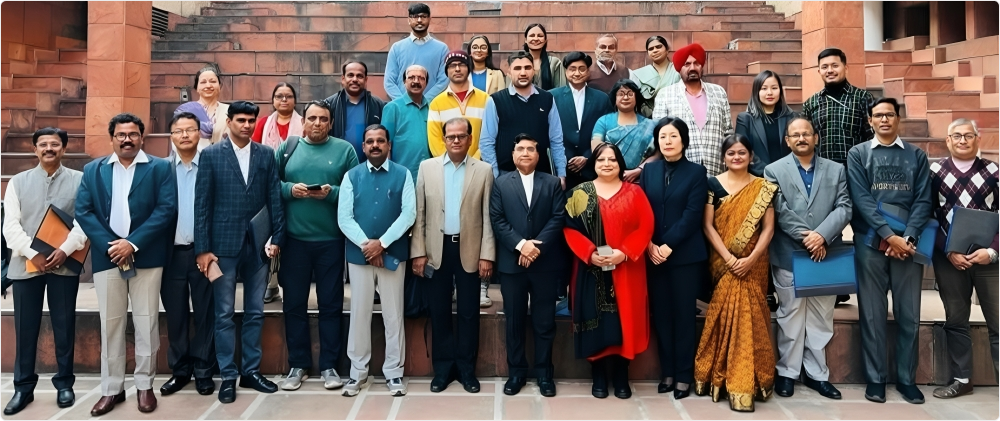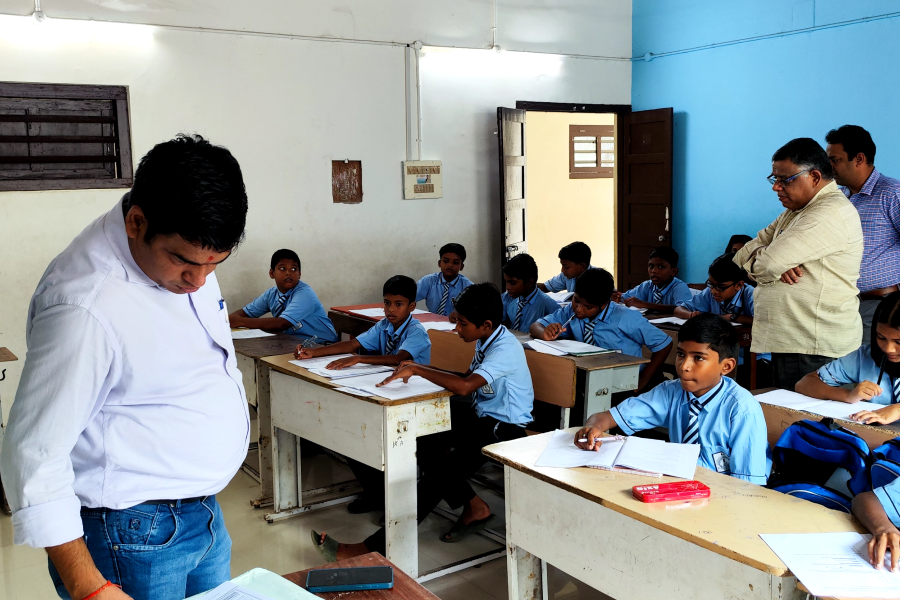Equivalence of Boards
School education in India constitutes a wide array of Educational Boards. This includes State Boards, Central Boards, and International Boards. There are a total of 69 Educational Boards in India employed in facilitating numerous academic and administrative responsibilities at the school level. The nature of such Boards has evolved.
Over the past decade of SSA implementation, the educational focus shifted from addressing access challenges to enhancing learning quality. Consequently, NAS evolved into a multifaceted tool, not only furnishing feedback on learners' performance but also serving as the foundation for pivotal policy decisions in school education. Each NAS round became synonymous with a 'Cycle,' with the Terminal Achievement Survey (TAS) planned for 2009-2013 renamed as Cycle 3. Students in classes III, V, and VIII underwent testing every three years. During the third cycle, a methodological shift occurred, transitioning from Classical Test Theory (CTT) to Item-Response Theory (IRT) for assessment design and analysis, a paradigm that NAS has adhered to since.
In order to fulfill the aforementioned objective of ensuring equivalence among educational boards, the National Assessment Centre-PARAKH (Performance Assessment, Review, and Analysis of Knowledge for Holistic Development), was entrusted with the responsibility of setting common standards to assess students’ learning outcomes across all the Educational Boards of India.

Equivalence of Boards Meeting
PARAKH, a constituent unit of NCERT, in collaboration with regional departments of education in India, organized Regional Workshops on Equivalence of Boards aiming to address the challenges and explore the potential solutions related to the varying quality and standardization of Educational Boards across the country. The workshops employed two major tools. Question Paper Templates (QPT) of the Boards and a detailed Equivalence Questionnaire (EQQ) to gather information pertaining to the academic and administrative standings of the Boards.
The QPTs of the Boards for Grade X and Grade XII became an important tool for understanding the numerous facets of assessments like difficulty, nature of questions, different kinds of questions, etc.; while the EQQ asked numerous qualitative and quantitative questions to ascertain the current standings of the Educational Boards. Post the analysis, recommendations pertaining to the attainment of equivalence have been drafted in accordance with the detailed analysis. The recommendations, spread across five categories namely; Administration, Assessments, Curriculum, Infrastructure and Inclusiveness and are presented in the form of multiple variables in each category that the boards may use as checklists to conduct health checkups of their administrative and pedagogical gaps from time to time.
 Government of India
Government of India More
More

